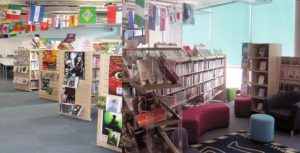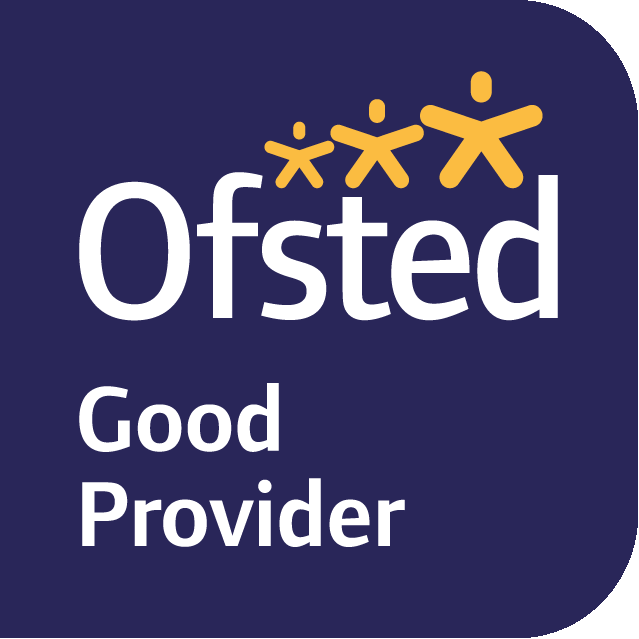Supporting Numeracy and Literacy
Supporting Numeracy Skills
Being numerate means having the skills to use numbers competently to problem solve and think mathematically in everyday life. At Bristol Brunel Academy, all teachers are teachers of Numeracy; however, this is not done in isolation. Helping your child feel confident about Numeracy at home supports them with their learning at school.
Numeracy at home is equally important to developing life-long habits. Whilst you do not need to be an expert to help your child enjoy learning and success at school, there are a number of things you can do at home which can positively impact on your child’s achievements.
Helping Your Child With Numeracy
- Don’t tell your children that you were no good at Maths in school as this can reinforce negative views towards numeracy!
- Ensure that your child knows their timetables – these are essential and repetition will help to cement this essential life-long numeracy skill.
As parents, you can build your child’s mathematical confidence. Give your child the opportunity to use and talk about Maths daily to help them become a mathematical problem solver, and develop lifelong skills such as:
- Estimation; Estimate and take their own measurements – height, weight, shoe size. Estimate journey speed, time and distance. Estimate the cost of shopping.
- Using money; Adding up the cost and paying for items. Work out the savings on a reduced item.
- Making sense of and justifying ideas; Question your child on how they have arrived at a solution to a numeracy problem. This encourages them to reflect and supports good numerical reasoning.
- Measuring; Follow a recipe independently, measure quantities when cooking.
- Calculating; Calculating the cost of a trip to the cinema and mental calculations.
- Time; Calculating how long something will take.
- Reading gas/electricity meters and understanding how the bill is calculated.
If your child has access to a smartphone or tablet computer, encourage them to download some Maths games or number quiz apps. For example: ‘Maths Pieces’, ‘Times Tables Rock Stars’.
These are just a few ideas to give you a starting point. Try to involve your child in as many problem-solving activities as possible. The more ‘real’ a problem is, the more motivated they will be when trying to solve it.
Additional Support
Supporting Literacy Skills
Literacy is the combined life skills of being able to read, write, speak and listen effectively. At Bristol Brunel Academy, all teachers are teachers of Literacy; however, this is not done in isolation.
Literacy at home is equally important in developing life- long habits in students at Bristol Brunel Academy. Whilst you do not need to be an expert to help your child enjoy learning and success in Education, there are a number of things you can do at home which can positively impact on your child’s achievements in the Academy.
Helping Your Child With Literacy
- Ask students to tell you what key words they are learning at school.
- Read books for pleasure. Read with your child and model good reading habits. Talk to your children about what they’re reading and what you’re reading; share your ideas to spark their interest. Shared and paired reading at home can foster a life-long love of books!
- Encourage a love of reading for pleasure such as comics, novels, magazines or newspapers (read the newspaper for what is on TV that night) – anything that will ignite their interest.
- Let your child choose what to read, rather than choosing what you think they should read.
- Make time to read together if you can. Read one to one with your child by asking them to read extracts from their book or a newspaper article. This will not only encourage independent reading but will enable you to help correct any mispronounced words and allow you to offer praise for self-corrections.
- Watching the news/listening to the radio and discussing current/topical issues; encouraging your child to listen to everyone’s opinion without interrupting whilst offering their own.
- Help your child to work out what an unfamiliar word means by getting them to read the rest of the sentence and look for clues.
- Go to the library together and encourage your child to borrow something that interests them.
- Look at written work together which has been marked by the teacher and ask questions to your child such as ‘’How could you improve that sentence?”
- Help your children to develop their vocabulary by suggesting more sophisticated words they might have used in your conversations, in a constructive way!
Additional Support

The Library is a state of the art facility open before school, break and lunch and after school with recommended reads, magazines and new stock arriving regularly. Miss Middleton is a fountain of knowledge on books and will help your child find the right book for them.


